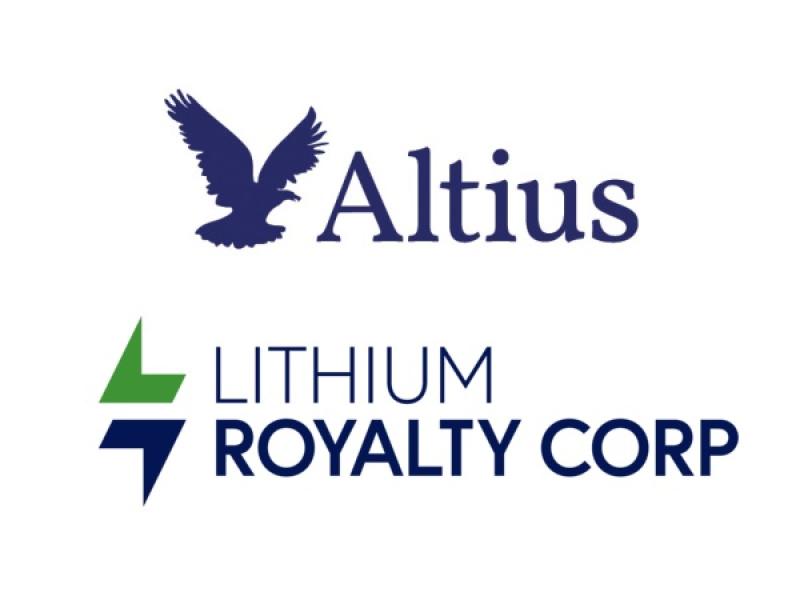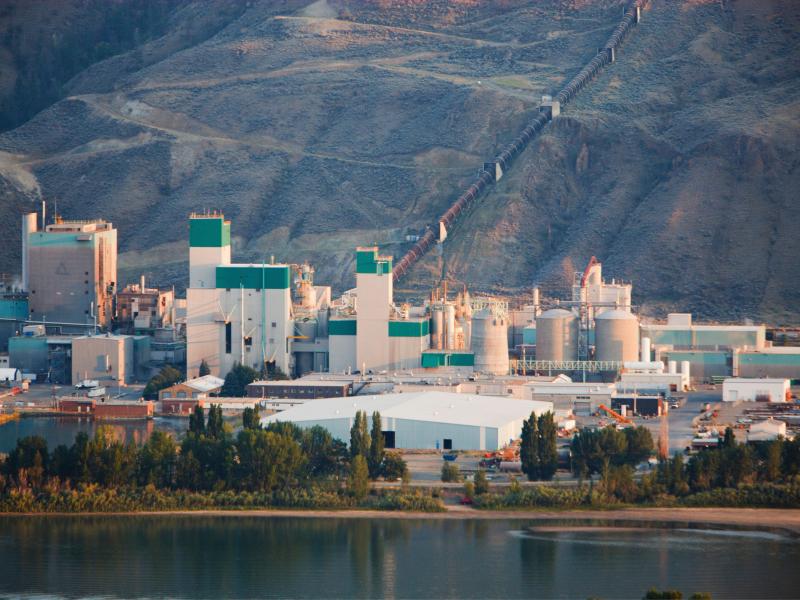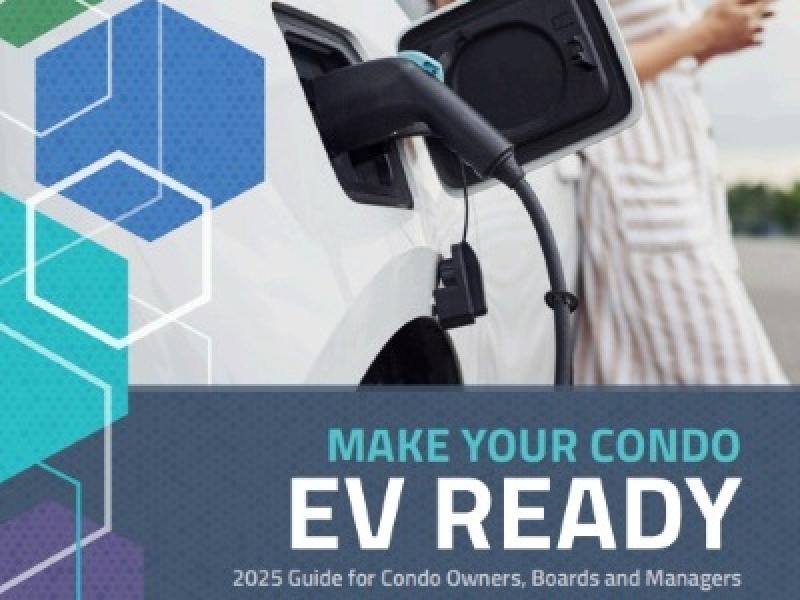
A band of former B.C. truck loggers is poised to begin building a limited series of hybrid electric semi trucks that has the potential of overhauling the highly-polluting heavy duty transport sector.
In March, Edison Motors CEO and founder Chace Barber announced that his startup's fledgling L500 diesel-electric semi truck had been certified as roadworthy after six months of intensive testing.
“We have officially built the first (electric) truck in British Columbia . . . that passes all the government certifications, a truck that can be driven on the road . . . It's officially a truck," Barber said in a release.
Built out of a large tent in his parents' Merritt, B.C. backyard, Barber expressed relief that Edison Motors could begin rolling out an initial line of eight hybrid electric heavy duty trucks sometime later this year.
This means Barber and his artisanal team of a half-dozen loggers-turned-assembly line workers can begin scaling-up production of their semi truck that can reduce diesel fuel consumption by a minimum of 70 per cent and theoretically run entirely on battery power for up to three hours.
"Our goal is to build the best high-quality, heavy-duty vocational truck available on the market," Barber said in an interview with Sustainable Biz Canada.
"We want to try and build as many as trucks as we can, but achieve growth by producing a limited supply that we feel is reasonable, and focus more on building a really high-quality truck rather than expanding too quickly and run the risk of having to recall vehicles the way other (EV or hybrid vehicle) manufacturers have been forced to do - and which is very expensive."
Production of Edison L500 trucks to begin by autumn
After an initial capital raise of $1.5 million that was funded by 5,000 small investors, mainly from the trucking community, Edison Motors (named after Thomas Alva Edison) is currently in the process of raising an additional $5 million to $10 million.
These funds will allow it to buy and refurbish an abandoned factory in Terrace, B.C., purchase parts and equipment, and hire additional workers to deliver the initial run of eight L500s by the end of 2025.
Once it has completed its move to Terrace this summer, Edison Motors will be able to fulfill Barber's mission to revolutionize the heavy trucking industry that, until 2016, saw him hauling logs as a heavy duty truck driver in B.C.'s remote forest regions.
Edison Motors founded after Tesla failed to deliver
After waiting in vain for a Tesla semi truck had ordered but which was never delivered and "would not have survived" B.C.'s rugged and mountainous terrain, Barber decided the time was ripe to assemble a heavy duty vehicle built to logging industry and resource sector specifications.
"I've worked as a log truck driver for 15 years, that's been my background," Barber explained. "About eight years ago me and my business partner, Eric Little, started up our own trucking company to haul logs. That's when we saw the benefits of electrification because we were paying $15,000 a month on diesel fuel.
"Since the Tesla never arrived, I decided that we should build our own electric semi truck from the ground up. But we decided that the only way to go was using a hybrid electric system that runs about 75 per cent electric and 25 per cent diesel, depending on the load and the terrain."
L500 hybrid has potential to run 100 per cent electric
The L500 has the potential to run entirely on its battery pack which weighs between 1,800 and 3,000 pounds depending on customer specifications. But, at present, the lack of available charging stations necessitates the hybrid concept where the Edison can run intermittently on diesel fuel as a back-up.
"Our truck could be wholly electric and you would never need to fire up the diesel generator if you had charging stations that you could pull up and plug into. Unfortunately, there's not a lot of Level III chargers in the middle of forests and mountains in B.C. But in theory our design has the potential to be all-electric."
Barber's L500 concept is based on using regenerative power that comes from driving downhill in a fully loaded truck, generating electricity from the braking system.
"You use the stored potential energy of the weight of the logs or whatever heavy load you're carrying to recuperate that power going back downhill," Barber explained. "But when we started doing the math we realized that batteries and regenerative power gets us about 75 per cent of the way there, but it's not going to be able to do 15 hours a day.
"That's why you need the extra diesel capacity. You need the onboard power generation. So we thought, 'let's make it a fully electric vehicle with electric drives and where you also install a diesel generator that only exists to recharge the electric batteries'."
Transition to an electric heavy transport sector
Once the electric truck industry gains traction and the economics of building out a network of charging stations in remote areas becomes feasible, Barber expects logging and other sectors will switch to hybrid or fully electric semi trucks.
"To get an average heavy duty truck like this through a full day, you would need like two-and-a-half megawatts of batteries that would weigh about 60,000 lbs. That's almost your whole payload taken up by batteries.
"A hybrid system allows us to reduce the weight to where we can go from a 15-litre to a nine-litre engine that weighs 2,000 pounds less than a conventional diesel engine. And that balances out at least two-thirds of the additional weight from a 2,000- to 3,000-pound battery pack."
Substantial fuel cost savings
One of the key selling points to prospective customers is the substantial savings in the cost of running heavy duty trucks. Edison expects to be selling its L500 models for around $450,000, which is $150,000 more than the cost of a comparable, conventional diesel-powered truck.
However, Barber estimates his pioneering semi trucks lower fuel costs by as much as 30 to 40 per cent.
This would effectively amortize the additional purchase cost of an Edison truck within two to three years, assuming an average minimum monthly diesel fuel spend of between $10,000 and $20,000.
Edison now seeks to raise $5M to $10M
Like many start-ups in the electric vehicle sector, Edison Motors' biggest challenge is not the technology or the order book but the capital required to scale-up production.
"We've already pre-sold our trucks for cash upfront that are basically milestone payments, but we need to raise about $10 million," Barber admitted. "We've got to spend about $2 million for the plant. Then we need to order our parts, get the tooling set up for the things you need in the shop, the crane, the toolboxes and hiring that initial staff.
"We also need to pass U.S. safety standards because we're going to need to sell our trucks to the American market. That means that we've got to cover whatever R&D and testing costs that involves. So we're hoping to raise $10 million, but we could still manage to begin production with $5 million."










